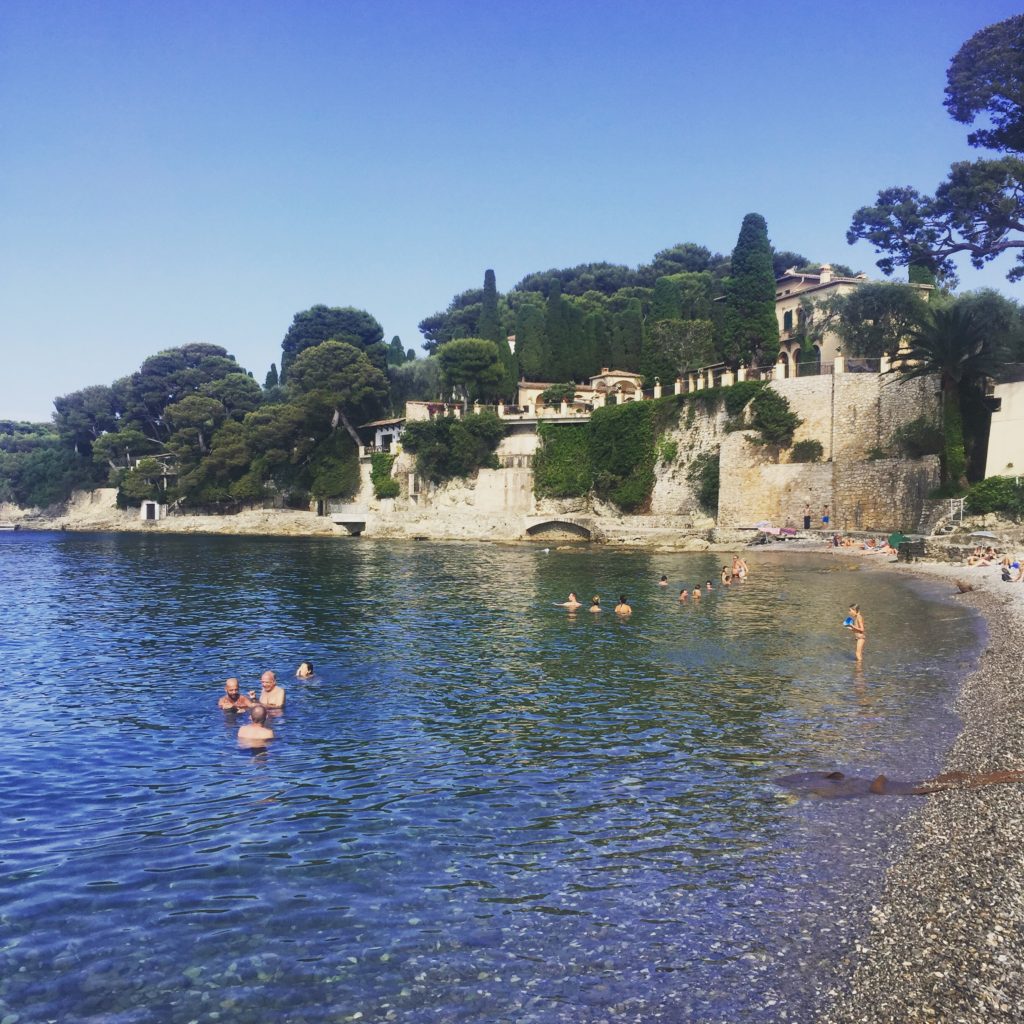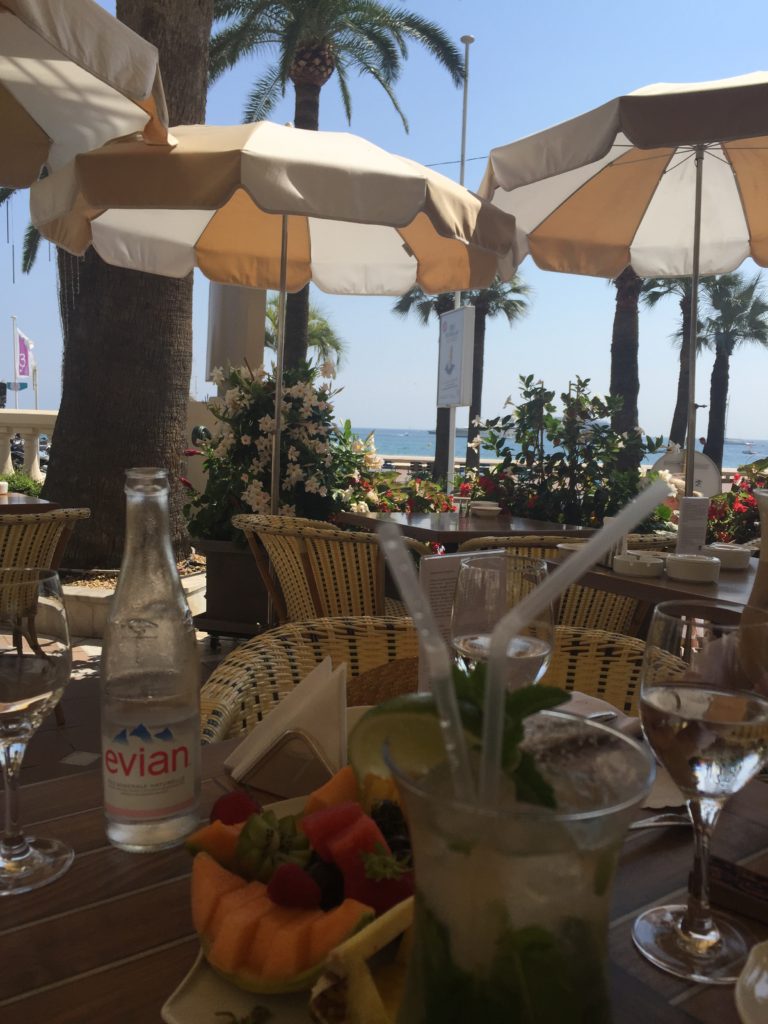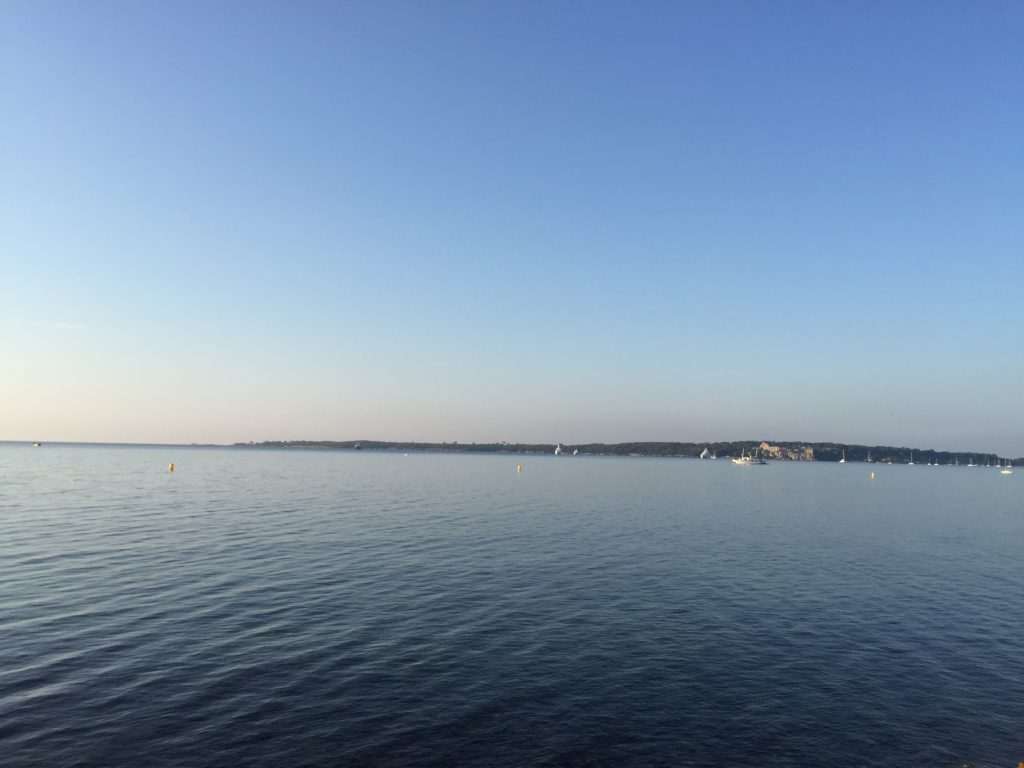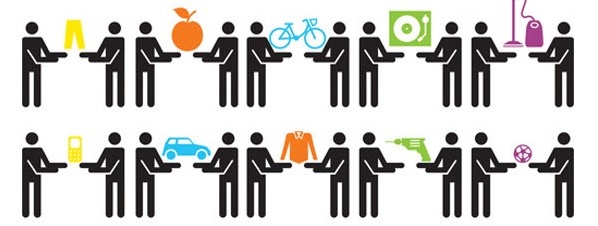Martin Wolf, chief economics commentator at the Financial Times, published an article titled ‘Global elites must heed the warning of populist rage’ last week, and I want to draw your attention to this great article this week in my blog.
Mr. Wolf wants to bring attention to the rising populist politicians around the globe and the possible effects on global elites.
“If governing elites continue to fail to offer convincing cures, they might soon be swept away and, with them, the effort to marry democratic self-government with an open and co-operative world order.”
Income inequality in 2016 has reached its highest since World War II. Stagnant incomes, if not declining purchasing power parity in the developed and developing world, have reached new highs. This most threatens the global elites: they have continued to ignore it to date, but a possible shift in the world order will affect them most.
“McKinsey has examined personal satisfaction through a survey of 6,000 French, British and Americans. The consultants found that satisfaction depended more on whether people were advancing relative to others like them in the past than whether they were improving relative to those better off than themselves today. Thus people preferred becoming better off, even if they were not catching up with contemporaries better off still. Stagnant incomes bother people more than rising inequality.”
If your parents were farmers 50 years ago and you decided to become a farmer, you would very likely be worse off in 2020. If your father was an army officer during World War II and you are an army officer in 2016, you are likely to be very much less significant in 2016 compared to your father. Even if your father was a banker in the 1980s and 1990s and you are a banker now, very likely you will not have his standard of life either.
So how can we create a system where the children of such parents not only work to survive, but also to excel and grow with the same amount of effort and input that their parents made?
My answer is simply by allowing everyone access to a high quality, updated and non-prejudiced education system.
You have to do something different to do better than your parents, and access to high quality education is the key to grab that chance to improve.
“Citizenship of their nations is the most valuable asset owned by most people in wealthy countries. They will resent sharing this with outsiders. Britain’s vote to leave the EU was a warning.”
This is exactly what happens when you cannot improve your standards beyond those of your parents: you start blaming immigrants or other external factors such as globalisation for your stagnant income, and your biggest commodity becomes your passport.
The UK vote to leave the EU is one thing, but I personally see the increasing popularity of Marine Le Pen and her equivalents in other countries as the biggest threat to stability and peace in the world.
“Accelerate economic growth and improve opportunities. Part of the answer is stronger support for aggregate demand, particularly in the Eurozone. But it is also essential to promote investment and innovation. It may be impossible to transform economic prospects. But higher minimum wages and generous tax credits for working people are effective tools for raising incomes at the bottom of the distribution.”
I don’t really agree with Mr. Wolf on the higher minimum wage and generous tax credits, but it is at least an offer to partially solve the problems. But it is a very short term solution.
My solution instead of offering a higher minimum wage would be tax credits and tax cuts to channel those means to grant everyone access to the best available education in the country.
This will not solve the short term problems, but it will certainly solve the long term ones.
Martin Wolf finishes his article by gently (!) warning us: “Our civilisation itself is at stake.”
Indeed, it is.
Especially for those that have the most comfort right now…
You can read the full article here: https://next.ft.com/content/54f0f5c6-4d05-11e6-88c5 db83e98a590a
All the best from Singapore.
Sukru Haskan
Twitter: @sukru_haskan




